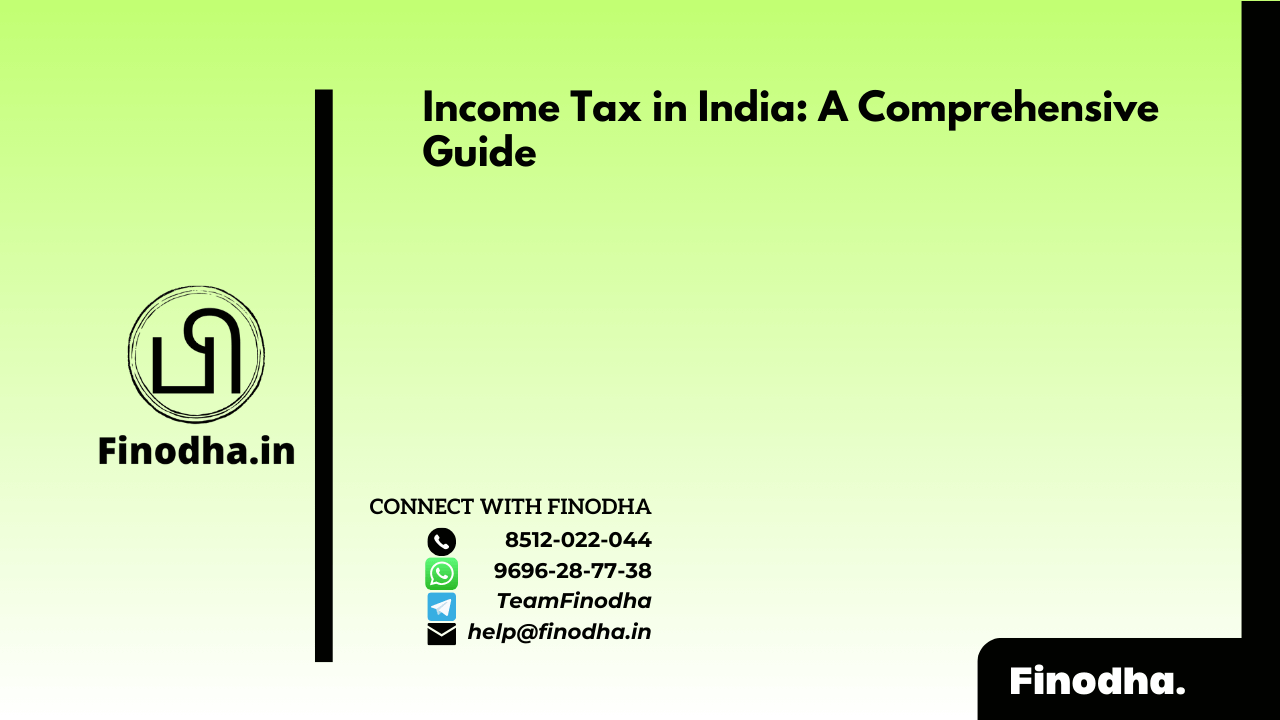Important Keyword: Bitcoin, Crypto Trading, Tax on Cryptocurrency.
Table of Contents
Tax and Legality of Bitcoin in India
Cryptocurrency, characterized by its digital nature and cryptographic security, has surged in popularity, with Bitcoin emerging as a top choice among Indians. However, amidst this rise, the taxation of Bitcoin remains a topic of interest and concern.
Tax Provisions Introduced in Budget 2022:
The Finance Minister, Nirmala Sitharaman, unveiled provisions for taxing cryptocurrency, non-fungible tokens (NFTs), and virtual digital assets (VDAs) in Budget 2022. Despite this, Sitharaman emphasized in her Budget Speech that taxing cryptocurrency does not confer legal status upon it in India.
Diverse Cryptocurrency Landscape:
Bitcoin stands as one among several cryptocurrencies, including Litecoin, Ethereum, Ripple, and others, that have garnered attention in the Indian market.
What is Bitcoin?
Bitcoin, often hailed as a cryptocurrency, virtual currency, or digital currency, represents a wholly virtual form of money, akin to an online equivalent of physical cash. Introduced in 2009, Bitcoin was the pioneer in the realm of cryptocurrencies, paving the way for others like Ethereum, Ripple, Litecoin, Dash, among others.
Bitcoin Wallets and Transactions:
Bitcoin transactions are facilitated through specialized applications, ensuring users have a secure wallet for storing and trading bitcoins. Wallet creation occurs during account setup, with balances maintained via public and private “keys” – complex alphanumeric strings linked through cryptographic algorithms.
Acquiring Bitcoins:
- Mining: Bitcoin acquisition, known as mining, involves solving intricate cryptographic problems using powerful computers, incurring real costs, notably electricity expenses. Miners are rewarded with blocks of bitcoins for solving these problems.
- Exchange Transactions: Bitcoins can be purchased from cryptocurrency exchanges against real currency, with platforms like Coinsecure, Zebpay, and UnoCoin being popular choices.
- Goods and Services: While limited, some establishments accept bitcoins as payment for goods and services, although adoption remains sparse, and some countries have banned its usage altogether.
Taxation and Legal Status in India:
In India, Bitcoin operates without oversight from a specific regulatory body like the Reserve Bank of India (RBI). Despite not being recognized as legal tender, Bitcoin falls under the purview of taxation. Budget 2022 introduced Section 115BBH, imposing a 30% tax on virtual digital assets, encompassing cryptocurrencies like Bitcoin and non-fungible tokens (NFTs).
Tax Treatment of Bitcoin:
- Investment: Bitcoins held for investment purposes are treated as capital assets. Gains from their sale, exchanged for real currency, are categorized as income from capital gains, with tax implications varying based on the holding period.
- Stock in Trade: If traded frequently, bitcoins held as ‘stock in trade’ give rise to business income, subject to taxation accordingly.
Bitcoins received as consideration for the sale of goods and services
Receipt of Bitcoins for Goods and Services:
Bitcoins received as consideration for goods and services are equated with the receipt of money, constituting income in the hands of the recipient. Typically, such income, arising from business or profession, is taxed under the head “Profits or gains from business or profession.” However, clarity regarding the disclosure requirement of bitcoins in income tax return forms remains elusive.
Bitcoin Mining:
Regarding the taxability of bitcoins obtained through mining, they are deemed self-generated capital assets. Ordinarily, the sale of such bitcoins would result in capital gains. Yet, determining the cost of acquisition poses a challenge as they are self-generated assets, falling outside the purview of Section 55 of the Income-tax Act, 1961, which outlines the cost of acquisition for certain self-generated assets.
However, the computation of capital gains encounters a hurdle following the Supreme Court’s ruling in the case of B.C. Srinivasa Shetty. Consequently, no capital gains tax would arise from bitcoin mining.
Uncertainties and Future Clarity:
There exists a possibility that tax authorities may not classify bitcoins as capital assets altogether, obviating the application of capital gains provisions. Nevertheless, the lack of definitive treatment under Indian law complicates taxation, making it challenging to ascertain the exact tax implications.
In summary, while the taxation landscape for bitcoins in India offers some insights, uncertainties persist regarding their classification and taxation, necessitating further clarity from regulatory authorities.
Read More: Income Tax on Cryptocurrency, NFT & VDA (Virtual Digital Asset)
Web Stories: Income Tax on Cryptocurrency, NFT & VDA (Virtual Digital Asset)
Official Income Tax Return filing website: https://incometaxindia.gov.in/




